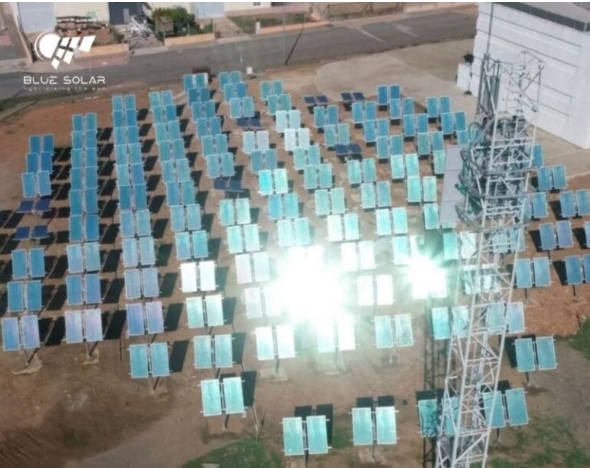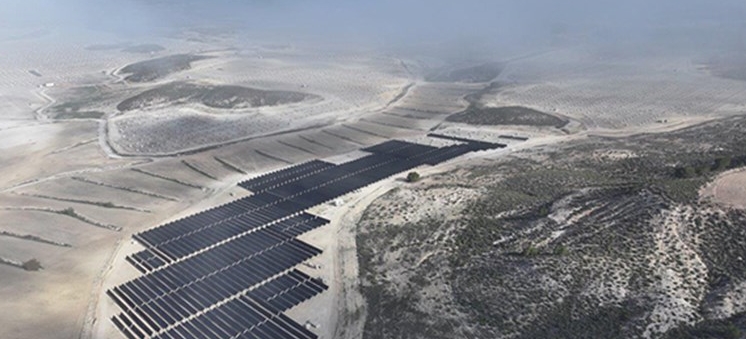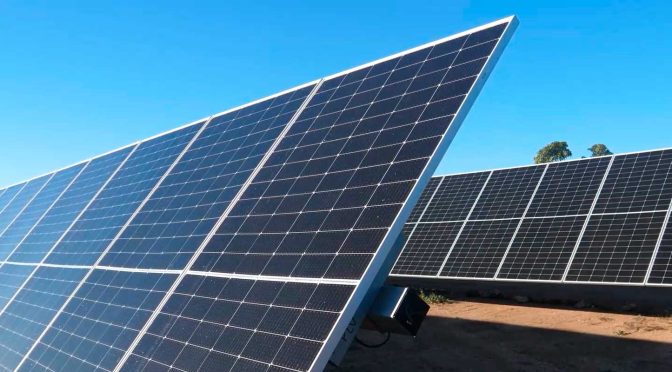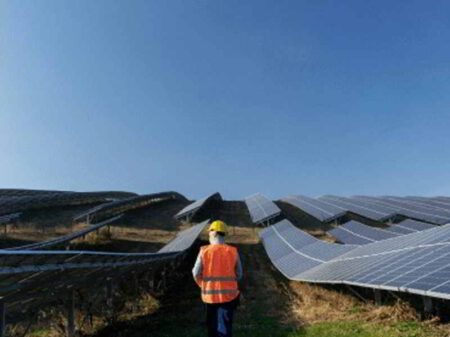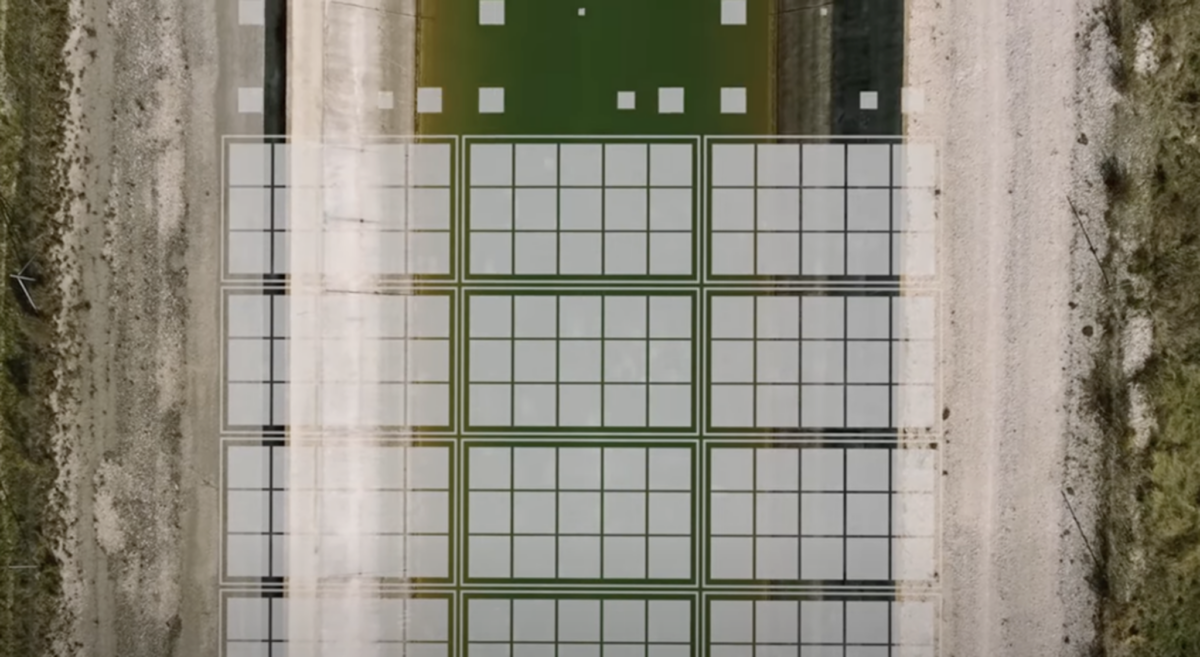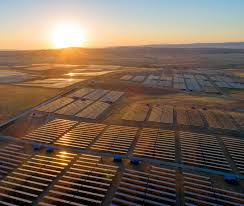
In the summer of 2023, a coup d’etat in Niger put in place a military government, which said it would review foreign mining concessions and in January temporarily suspended the granting of new mining licences, ordering an audit of the sector. . French military troops were expelled in December 2023 after which relations with France rapidly deteriorated. In March, the government also cancelled an agreement with the USA, after which American troops were withdrawn
“The decisions taken at the company’s board meetings are no longer being applied,” Orano noted. “The production expenses which continue to be incurred on the site are worsening the company’s financial situation with every passing day.”
Orano added: “In this context, the application of the resolution adopted by the Board of Directors of Somaïr on 12 November to suspend expenses related to production activities in order to prioritise the payment of salaries and preserve the integrity of the industrial facilities is being deliberately prevented. The representatives of Niger are assuming this position that they defended at the Ordinary Meeting of the Board of Directors which was held on Tuesday 3 December, 2024, in particular confirming their refusal to export the production.”
Orano said it intends “to defend its rights before the competent bodies and reaffirms its belief that only a united effort by all stakeholders to re-establish a stable and sustainable mode of operation can allow Somaïr to resume activities in peace”.
The Somaïr Board of Directors meeting in November failed to resolve growing tensions between shareholders – France’s Orano (63.4%) and Niger state company Sopamin (36.6%). Niger’s military government disputed a decision by Orano in October to cease uranium production at the Somaïr uranium mine. Orano announced that it was stopping production in face of increasingly difficult operating conditions and financial issues.
This decision followed border closures between Niger and Benin, which left 1,050 tonnes of uranium concentrate from the 2023 and 2024 stockpiles stranded. Orano estimates the value of the blocked uranium at €300m ($324m), representing almost half of the site’s average annual production. Orano said it had considered various options to no avail, including airlifting uranium through Namibia.
The Somaïr Board in November approved a motion to introduce protective measures which, it said were essential for preserving the cash required to pay salaries and maintain the safety and integrity of industrial sites. The Board requested a temporary halt to expenditure related to mining and processing ore, until such time as it resumes the export and sale of its products. However, Sopamin representatives left the meeting room during that vote, choosing to abstain.
Niger Mining Minister Ousmane Abarchi commented: “As for French companies, the French state, through its head, stated that it does not recognise the current authorities of Niger. It’s been over a year, and that hasn’t changed. Do you think it is possible for us, the state of Niger, to allow French companies to continue extracting our natural resources? “
He added that the French project is the only one operating in the country: “There is also a Chinese company CNNC, it will soon return to work. Somida is currently building a uranium mine in Dasa. This enterprise was created jointly with two others – Canada’s Global Atomic and Sopamin from Niger.”
Commenting on the current situation, Journal du Niger said a new chapter had been written in the relations between the Niger and foreign companies. “The government’s resolution, led by President Tinia, to use national resources for population progress has dramatically changed the business landscape in Niger. This new policy has introduced an element of’ uncertainty for foreign investors, especially in the mining industry.”
It added that uranium represents an important part of the Nigerian economy. “The decision by the authorities to take control of the Somaïr mine could have significant repercussions on the country’s mining sector and on relations between Niger and its international partners.”
This could benefit Niger, it noted. “The nationalisation of the Somair mine would allow Niger to receive significant revenues from the exploitation of its natural resources, facilitating the financing of development projects and the improvement of the living standards of the population. It could also promote a more equitable distribution of wealth, in particular through investment in producing regions. Finally, the direct control of natural resources would strengthen the economic autonomy of Niger and reduce its dependence on foreign companies. The benefits of the mine could be used to improve infrastructure such as roads, schools and hospitals, especially in productive regions. The national management of the mine will also facilitate the creation of’ jobs for the local population, particularly in the areas of’ mining and processing.”
However, the success nationalisation will depend on several factors such as the government’s ability to effectively manage the enterprise, transparency and the fight against corruption. “Moreover, nationalisation can lead to tensions with Niger’s trading partners and have repercussions on foreign investment in the country.
The Journal concluded: “The nationalisation of the uranium mine in Somaïr represents a major turning point for Niger. If it is retained with caution and efficiency, it will bring significant benefits to the country. However, it also involves risks that are not to be underestimated.”
